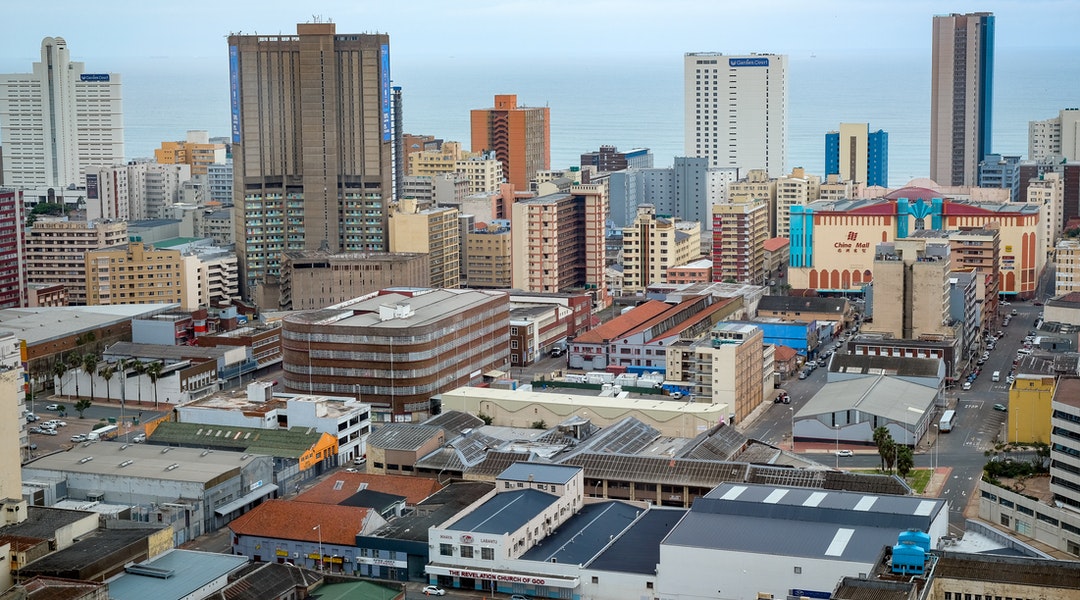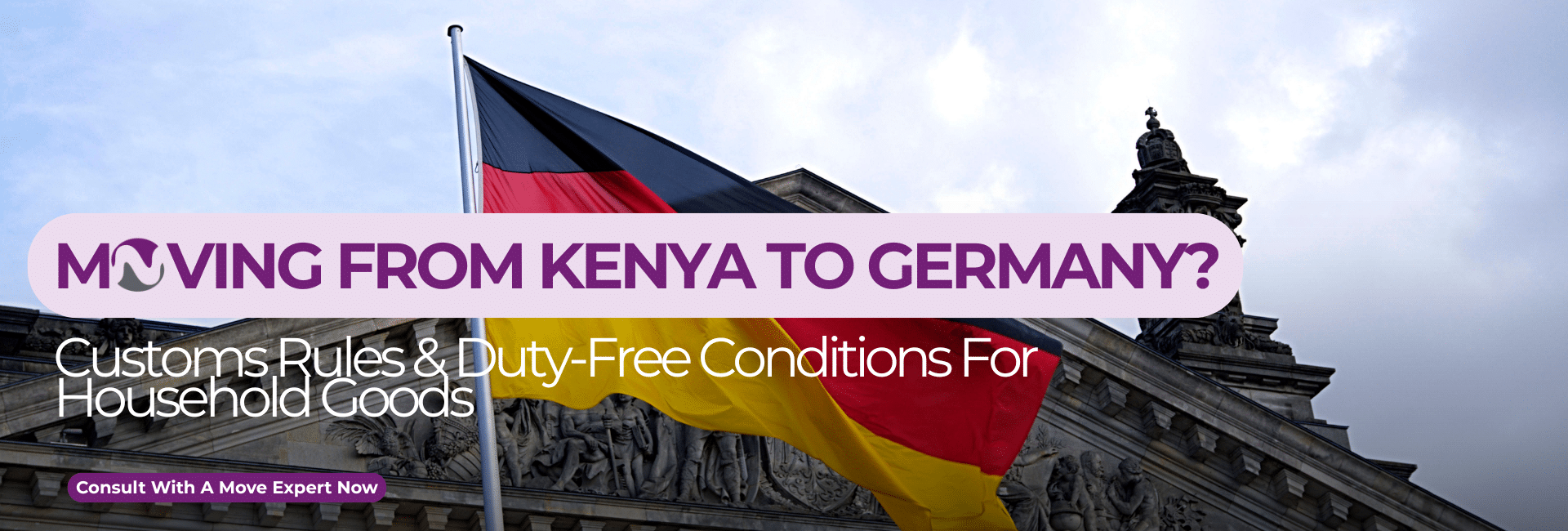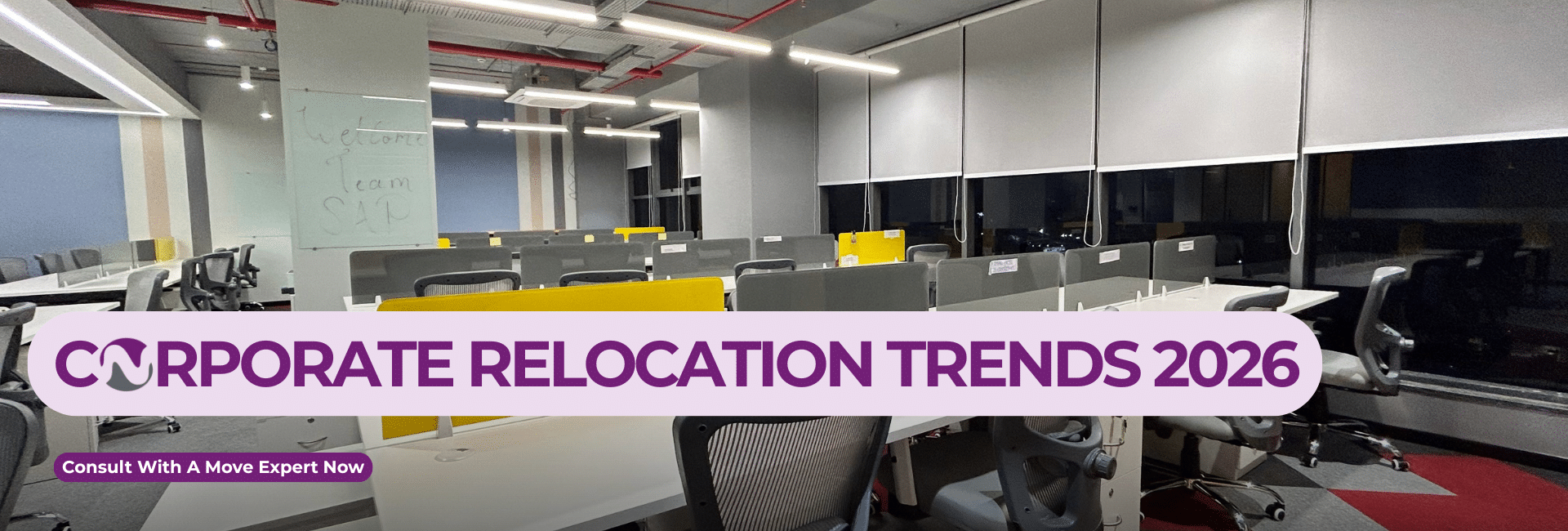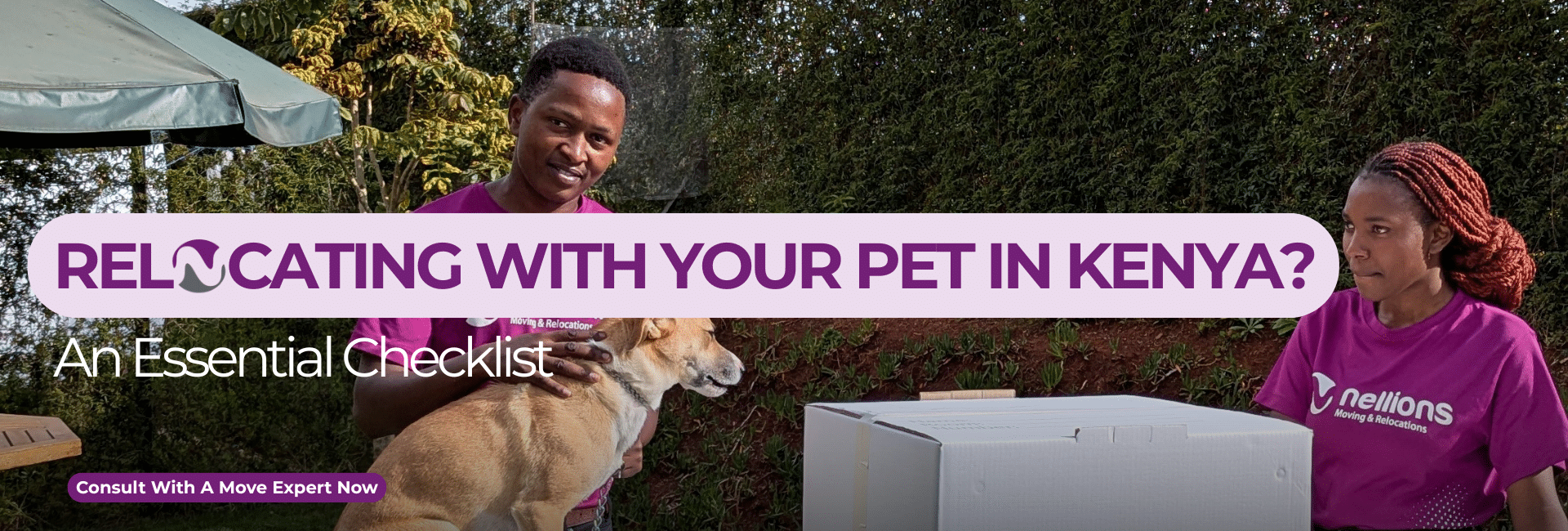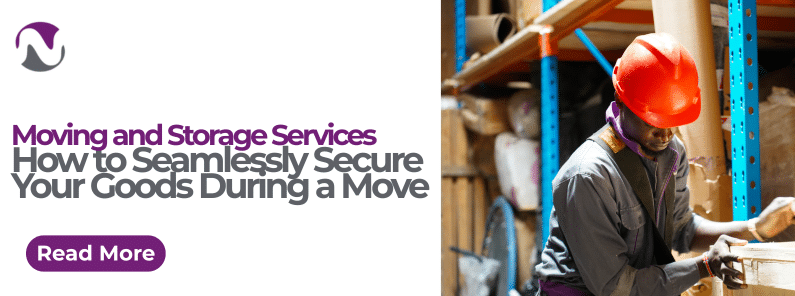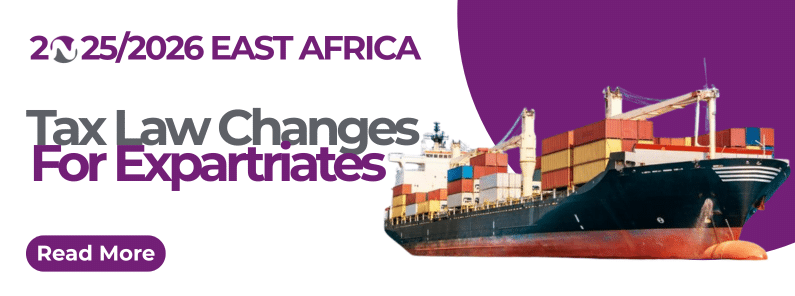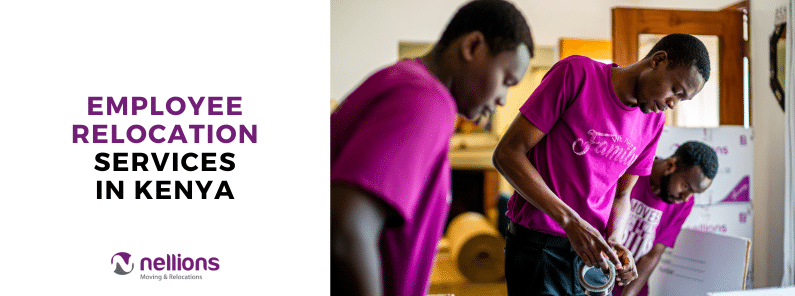The Republic of South Africa, which is Africa’s southernmost country, has had diplomatic relations with Kenya for close to 30 years.
Small wonder, since Kenya and South Africa (SA) were both British colonies, they are currently members of the Commonwealth of Nations.
Beautiful scenery, excellent weather, robust tourism sectors, and highly educated populations are just some of the things Kenya and South Africa have in common.
The two countries also have strong bilateral ties and are close partners at the regional as well as the global stage.
South Africa has the third-largest economy in Africa, based on the Gross Domestic Product (GDP). It follows Nigeria and Egypt, which take first and second place, respectively.
Kenya, on the other hand, is the sixth-largest economy in Africa. The balance of trade between Kenya and South Africa is currently more favourable for South Africa.
In 2021, the Republic of South Africa ranked as Africa’s most developed financial market. That’s because the Johannesburg Stock Exchange Limited (JSE), which is the largest stock exchange in Africa by market capitalization, is based there.
South Africa boasts of several firsts. It was the first African country, for instance, to host the 1995 Rugby World Cup. South Africa not only hosted this World Cup but also won it.
South Africa is also the only African country to have ever hosted the FIFA World Cup. The 2010 FIFA World Cup matches were played in 10 stadiums in nine host cities around South Africa.
Speaking of cities, the largest one in South Africa is Johannesburg. What’s more, the country has three capital cities. Pretoria is its executive capital, Bloemfontein the judicial capital, and Cape Town the legislative one.
If you’re moving from Kenya to South Africa, you’ll be pleased to know that the major cities of Johannesburg, Pretoria, Cape Town, and Durban are very cosmopolitan. There’s also a considerable population of Kenyans in these cities, so you’ll feel quite at home.
It’s a plus that both Kenya and South Africa have international airline carriers. These airlines, Kenya Airways and South African Airways ply between the two nations every day.
When you get around to relocating from Kenya to South Africa, there are certain things you need to be aware of to make the process as seamless as possible:
1. Certain Conditions Must Be Met for Used Household Goods to Enter Tax-Free
Immigrants, temporary residents, returning South African residents, and diplomats can import household and personal effects into South Africa.
You’re only allowed one duty-free import, however. You’ll need to obtain permission from SA Customs if you wish to do a second import.
If you’re a returning resident, you must have been out of South Africa for an unbroken period of at least six months. Only then can you become automatically entitled to duty-free importation of household goods you purchased while outside the country.
Other conditions that exist for duty-free importation by returning residents include:
- Goods cannot be sold within six months from the date of entry
- Household goods and personal effects must be imported for their own use
- Imported household goods must be the bonafide property of the importer
- The allowance to import personal items extends to family members
2. Non-Diplomatic Foreigners Need Work Permits, Among Other Documents
Granted, immigrants, returning residents, and temporary residents can import their used household goods and personal effects into SA duty-free.
But temporary residents, in particular, are only allowed this allowance if they have a temporary work permit that’s valid for more than six months. It’s advisable to obtain your work permit before your shipment is dispatched from your country of origin.
That’s because applying for and obtaining a South African work permit can take a long time. The process is also quite unpredictable.
You must apply for the appropriate temporary work or residence permit at the South African diplomatic representative in your country of origin. If there isn’t one there, then you should apply through one in a neighbouring country.
When you do secure a temporary work permit, be aware that temporary residents are required to have owned their goods and personal effects for at least a year before importing them.
For other immigrants and returning residents, residence permits must be produced before this exemption is allowed.
Other than a valid work or residence permit, immigrants, returning residents, and temporary residents must provide:
- Passport (Certified copy)
- Detailed inventory or packing list
- Affidavit (to be completed in South Africa)
- DA 304 and P.1.160 Customs forms (completed in triplicate)
South Africa doesn’t allow duty-free importation on tourist or visitor visas even if you have a pending work or resident permit application. Plan accordingly, therefore.
3. Diplomats Need a Diplomatic Clearance Certificate
In the case of foreign diplomats, duty-free importation is allowed upon the production of a detailed packing inventory and a diplomatic clearance certificate.
This certificate must be completed and signed by the relevant consulate or embassy in South Africa. It should also be countersigned by the South African Department of Foreign Affairs.
It’s noteworthy that South Africa only extends duty exemptions on imported household goods and personal effects to foreign diplomats who hail from countries that also afford similar privileges to South African diplomats.
4. Shipping via Sea is Advisable

When you get around to moving from Kenya to South Africa, it’s advisable to ship your used household goods and personal effects by either air or sea.
If you ship by sea to SA, you should know that using the Less than Container Load (LCL) approach isn’t as cost-effective as using the Full Container Load (FCL) approach.
FCL is ideal when shipping large consignments, typically quicker and less costly than consolidating your household goods with those belonging to other shippers with LCL.
On the other hand, the logistics of consolidation and deconsolidation make LCL shipping costly in terms of time and expense.
You could still transport your shipment by road through Tanzania, Zambia, and Botswana, but this isn’t the best option.
Not when it only takes about ten days to ship your goods via sea from Mombasa to Durban. This shipping time makes it possible, in fact, to complete the entire move process from Nairobi to Johannesburg within 30 days.
5. Shipper Must Be in SA Before Shipment Arrives
The owner of the household goods and personal effects being imported must be in South Africa before Customs clearance can take place. Therefore, it’s advisable to be in SA at least ten days before the arrival of your shipment.
It’ll typically take an average of 7 to 10 working days to clear customs from the date you present your documents.
It’s true that SA Customs can clear consignments in the absence of the owner. But Customs can also ask you to produce your passport to facilitate the process.
If you’re not present when this demand is made, your shipment will be placed in bond. If this happens, your shipment will be released once you’ve produced your passport and any other required documents.
Your shipment can also be cleared into bond if you don’t possess a temporary or permanent residence/work permit. Your goods will remain here until you present the correct documents. Naturally, there’ll be bond storage charges to pay if this fate befalls you.
6. SA Differentiates Between Personal Effects and Household Goods
SA Customs treats personal effects as items of a personal nature. Household goods or household effects, on the other hand, are viewed as less personal items.
Examples of personal effects include:
- Books
- Shoes
- Videos
- Clothing
- Sporting equipment
Examples of household effects, on the other hand, include:
- Rugs
- Linen
- Furniture
- Appliances
- crockery
The distinction between these terms is significant because a relative may complete Form P.1.160 in your absence. This form is used to declare unaccompanied manifested personal effects only.
Your presence in South Africa is required for customs clearance if your shipment contains goods deemed to be household effects.
7. Your Shipment May Be Designated for Examination
It’s entirely within the discretion of SA Customs to designate any consignment for examination. If Customs chooses to examine your shipment, you’ll be required to pay an examination fee of between US$100 and US$200.
Your shipment (which is under embargo once it’s designated for inspection) may be removed to a warehouse to be examined under supervision. But this depends on the destination representative you’re using.
If you choose to deal with professional movers competent in international moving, they can help you navigate any formalities involved.
8. Strict Rules Apply on the Importation of Used Motor Vehicles

South Africa is very strict on the importation of used motor vehicles. Indeed, only those vehicles that were initially manufactured or registered in the country have an easier time.
You’ll require two independent import permits from SA authorities if you wish to import your car. These must be processed before your vehicle is dispatched from Kenya.
The International Trade and Administration Commission (ITAC) issues an import permit, while the National Regulator for Compulsory Specifications (NRCS) gives a ‘Letter of Authority’ (LOA).
You’ll be liable for import duty and VAT if you’re a temporary resident. You must pay a cash Customs Bond that covers your car’s full duties and taxes upfront.
You can only apply for a refund of this bond from the South African Department of Customs & Excise when you show proof that you’ve re-exported your vehicle from South Africa.
Returning residents must pay full duties and taxes on the motor vehicles they import.
Only if you’re a returning (non-diplomatic) immigrant or South African citizen who’s changing permanent residency to South Africa can your car enjoy duty-free entry. Even then:
- You can only import one car per family
- Your vehicle must not be sold or otherwise disposed of for two years after the date of importation
- Your car must have been in your use and possession abroad for more than 365 days before importation
In the case of foreign diplomats, no duties or taxes are paid. However, this allowance is subject to the provision of the diplomatic clearance certificate and proof of the vehicle’s value.
South Africa prohibits the importation of left-hand drive vehicles, new or used, that were bought after January 1st, 2000.
9. Returning Citizens Must Check and Update their Status with SARS
It’s crucial that returning SA citizens first check and update their tax status with the South African Revenue Service (SARS).
You don’t want to have a less-than-ideal experience when importing your household effects that ends up costing you time and money. Not when you could have taken measures to verify your tax compliance as well as any other requirements SARS expects you to have met.
It may also be advisable for anyone else planning to move to South Africa to understand what SARS requires of them. SARS is, after all, the governing body for all matters regarding imports in South Africa.
10. Engage a Reputable Moving Company
Planning and executing an international move can be a daunting experience. This is especially true if you’re unfamiliar with the new country you’re moving to. Or when you know nothing much about international shipping and the customs processes involved.
It can be a costly lesson, learning about your new country of residence’s practises and regulations while in the middle of entirely preventable mishaps. For this reason, it’s advisable to get in touch with a reputable moving company.
Doing so will give you the peace of mind you deserve, as well as complete confidence that your move is being managed as competently as possible. Plus, who wouldn’t want to arrive at their new residence in a new country to find their house already set up and ready to go?




